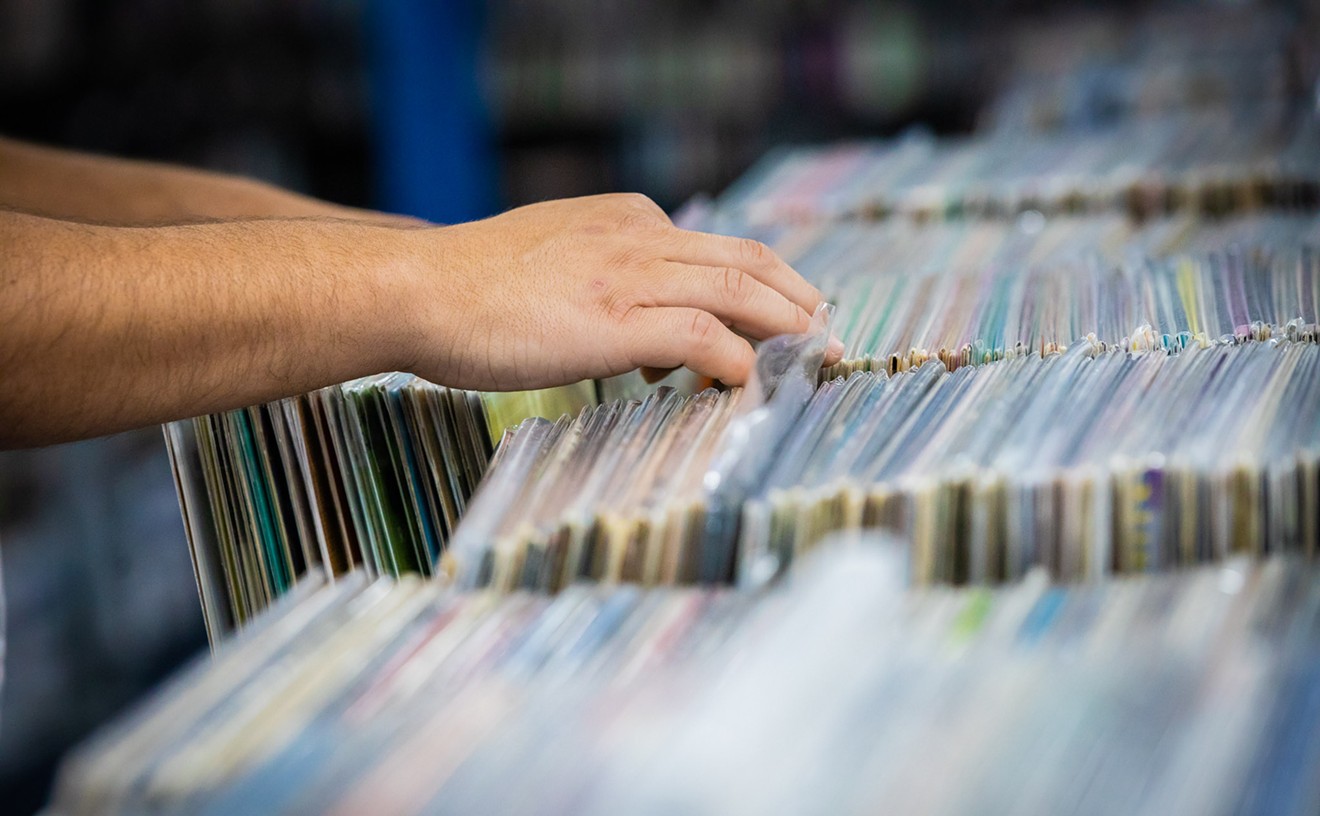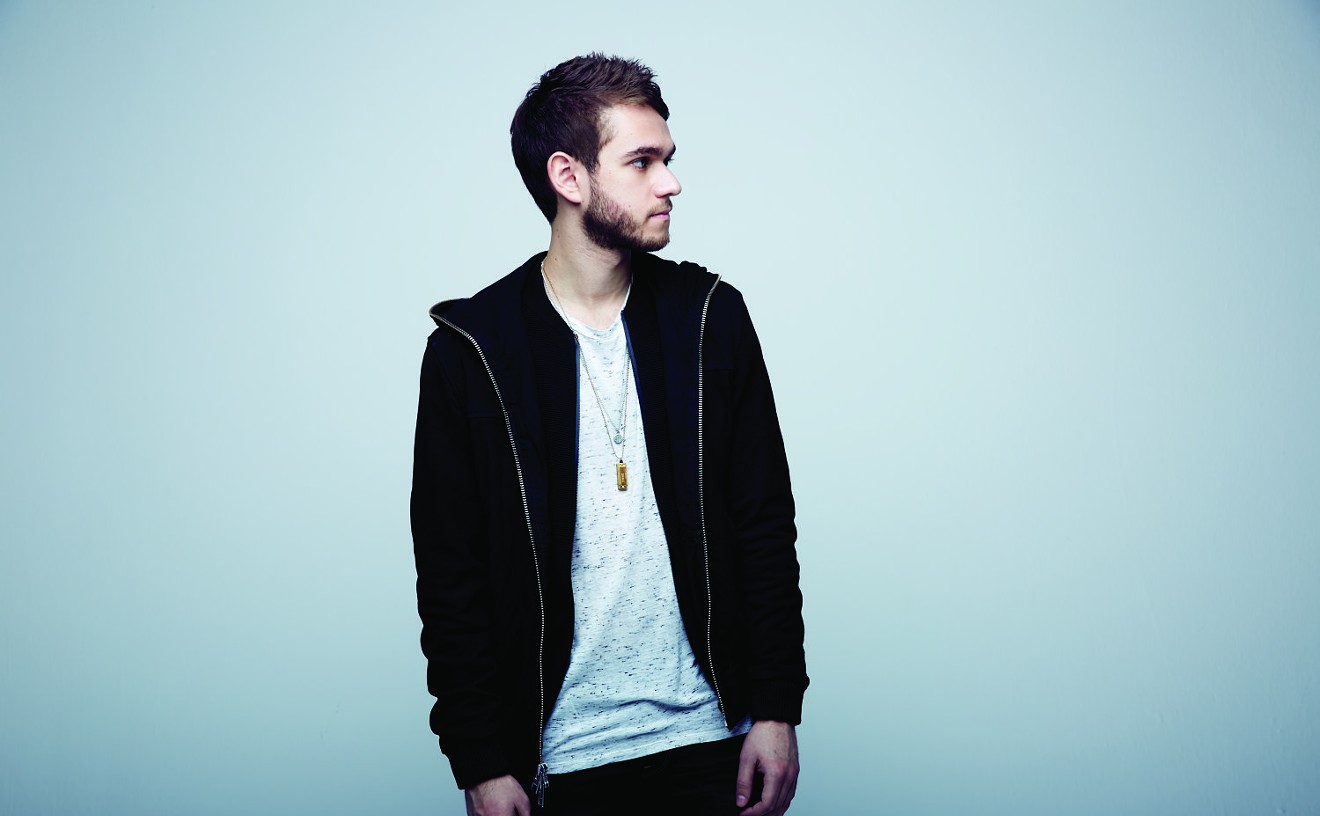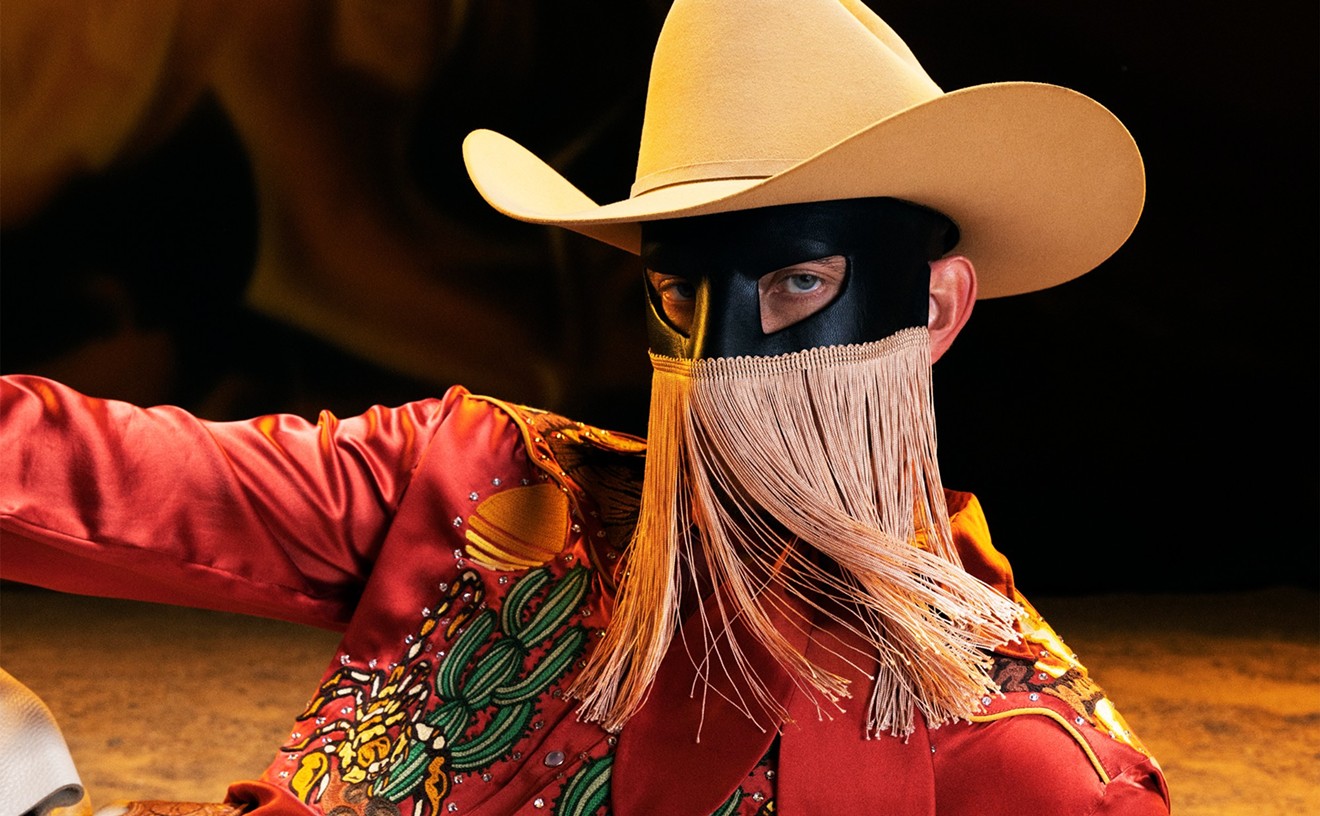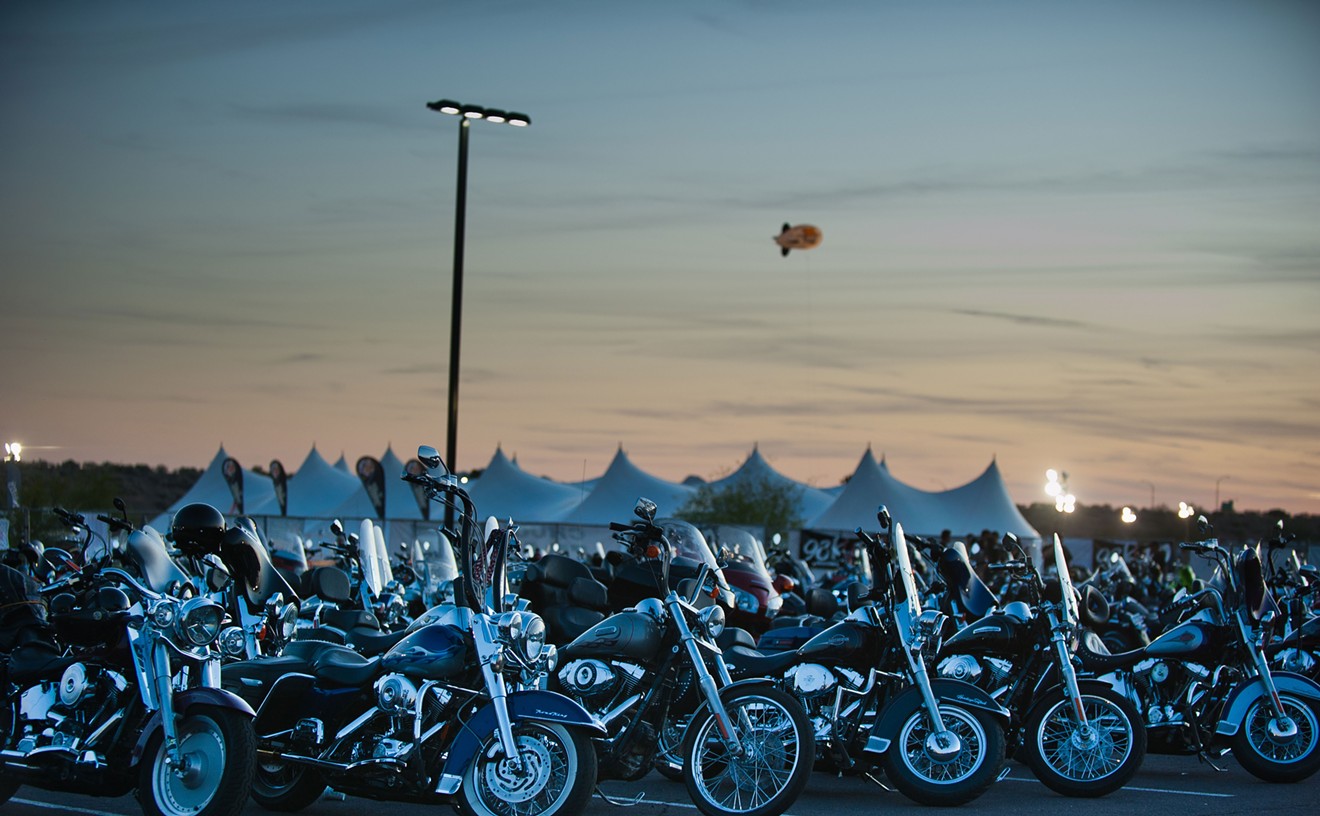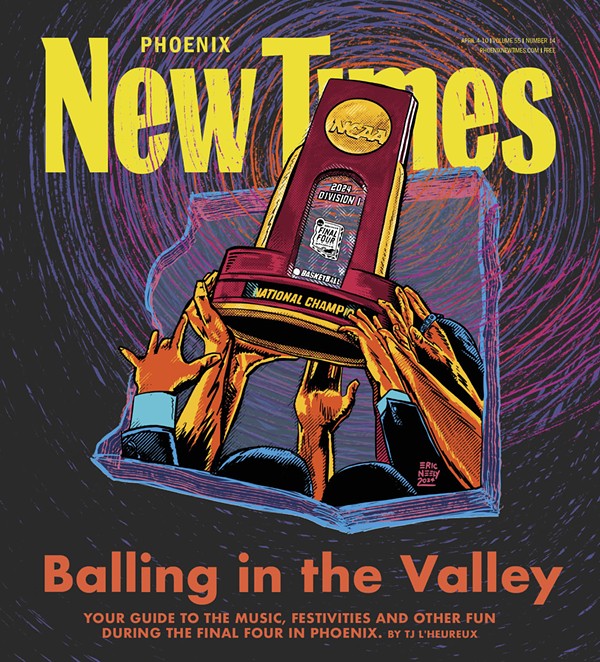If you want to learn how much someone doesn't know about music, engage them in a conversation that weighs in on the importance of Ringo Starr to the Beatles. If the person casts Ringo as the bit player in the Beatles, you know he is missing the big picture and only assessing the vocal and songwriting prowess of the other three against "Don't Pass Me By" and "Octopus's Garden."
And there's always that business about how Ringo couldn't play drums (we'll address that later).
People love to ape tired argument gambits like "He's the luckiest guy in show business," "He was the guy who was along for the ride," or "Ringo wasn't even the best drummer in the Beatles," that nasty quote attributed to John Lennon that everyone from Beatles historian Mark Lewisohn to Snopes has proved was uttered by a forgotten British comedian in 1983, three years after John ceased to exist.
The Beatles lucked out by having Ringo as their timekeeper, and there were enough times Ringo actually saved them from losing the plot completely. I know. I've compiled them. All 10, in fact!
Lucky you — you can catch Ringo Starr live at Celebrity Theatre on Tuesday, November 15.
1. Ringo was highly regarded as a professional musician by the beatless Beatles.
Don't believe the Beatles were lucky to have Ringo? Consider how John extolled Ringo's virtues from their earliest days in his 1980 Playboy interview: "Ringo was a star in his own right in Liverpool before we even met. He was a professional drummer who sang and performed and had Ringo Starr-time, and he was in one of the top groups in Britain, but especially in Liverpool, before we even had a drummer." And in 2008, Paul seconded that motion to Larry King, saying, "We were big fans of his."
2. Ringo is a drummer's drummer (except if you're Bernard Purdie)
Anyone that says Ringo can't play drums is likely to blurt out the name of someone really technical from the same era as a better drummer, perhaps Cream's Ginger Baker or session drummer Steve Gadd. But all those guys are on record saying they admired Ringo. Baker? Before he became rock's bitterest old crab, Baker told Rolling Stone, "Yeah, whenever a new Beatles album came out, all the drummers would run out to get it to see what incredible new stuff Ringo was doing." Gadd? He played alongside Ringo and said of him in a 2010 interview with Musicradar.com, "Ringo comes from a different kind of school, and I find that totally exciting and challenging. How he does what he does … it's so different from what other drummers do. If somebody approaches music or their instrument in a way that's unique, I want to be around that person. To me, there's something to learn there."
Keith Moon? John Bonham? They're both old drinking buddies of Ringo's. And they're dead.
About the only living drummer to ever say something unkind about Ringo was Bernard Purdie, who once claimed he overdubbed drums on 21 Beatles recordings,including "She Loves You," and that Brian Epstein paid him $10,000 to keep quiet about it. Vilified by the music community for this easily proven false story, it has since been revealed he overdubbed drums on the Beatles' 1961 recordings backing Tony Sheridan. Anyone wondering why you'd need to have drum overdubs on "My Bonnie" and "When The Saints Go Marching In" is advised to advance to reason number three immediately.
3. Ringo saved The Beatles from a fate worse than Best!
John Lennon once minimized the importance of their longest-sitting drummer pre-Ringo by saying "We got Pete Best just because we needed a drummer the next day to go to Hamburg." But they kept him for two years, one for each beat he knew how to play. On this recording of "Besame Mucho" from their failed 1962 Decca audition, you can hear both of those beats, plus the loud bass drum that was called "the Atom Beat," which Best, in rare bit of bravado, even insisted to Beatles biographer Hunter Davies every drummer in Liverpool copied, including Ringo. Best developed this nail-driving bass drum style in Germany, and when the Beatles had their first professional session backing Tony Sheridan, producer Bert Kaempfert went nuclear over "the Atom Beat," taking away Best's bass drum for the entire session.
4. The first time The Beatles dug in their heels opposing George Martin, it was in defense of Ringo.
When they insisted Ringo play drums on at least one take of "Love Me Do," the Beatles started a precedent of Beatles recording sessions being the give-and-take collaborative effort of five equals it famously became (no doubt that George Martin was the Fifth Beatle). But even more importantly, Ringo was the fourth one, without whom the four-headed monster would have been forever lopsided.
5. Ringo was one of the all-time great smilers.
Freed from the moody magnificence of Pete Best, The Beatles naturally smiled a lot more in photographs, which definitely accelerated Beatlemania, especially in America, where a joyful phenomenon after seeing our President killed was sorely needed. Okay, all four Beatles pitched a moody on the cover of Meet The Beatles, but by that time Pete Best was safely in the rear-view mirror. And positioning the shortest Beatle below the other three was the album cover's subtle attempt at humor.
6. Upon coming to America, Ringo proved the most popular of the Beatles, and stretched their fan base to include preschoolers and the press.
The shortest, homeliest looking of the Fabs with the only unusual name, Ringo was the most easily identifiable to the short-sighted American press, who were ready to dismiss the Beatles if it weren't for Ringo's self-deprecating comedic wit, which counter-balanced John's biting sarcasm. And Ringo was definitely the most popular with the fans, judging by the number of novelty records based dedicated to the Lovable Nose in 1964:
"Ringo, I Want to Know Your Secret" - Pat Wyntyer
An answer record to "Do You Want to Know a Secret," this despite George having been that song's lead singer.
"Ringo for President" - The Young World Singers (in the UK by Rolf Harris)
Key platform: "He doesn't talk about war out on the big dance floor!"
"Ringo's Doctor" - Rex Miller
A break-in record in the vein of Dickie Goodman. And way less funny, if you can believe it.
"Ringo" - Lorne Green
The Ponderosa pop star made a giant cash Bonanza off this chart-topping gunslinger ballad about an outlaw named Ringo at the height of Beatlemania. Two years later, Don Bowman did a take-off on that song called "The Other Ringo" that chronicled his Beatles addiction in a hillbilly accent.
"Ringo I Love You" - Bonnie Jo Mason
Actually the first professional recording of Cher as a lead vocalist. It is said that this record (released on Phil Spector's Annette label) didn't chart because DJs thought she sounded like a boy. And it was co-written by future Beatles overproducer (and convicted murderer) Phil Spector and future Ringo collaborator Vini ("Oh My My") Poncia.
7. Ringo had the biggest influence over his instrument.
Sure, a lot of bassists cite Paul as a major influence now, but his bass parts weren't even discernible on records until they'd made four albums. Ringo's backward drum fills (he played lefty on a right-handed kit) are front and center on all the early Beatles tracks — the thundering intro to "She Loves You,"
the closest thing to a drum solo he'd attempt until Abbey Road, the drum coda of "From Me to You," the snare crack of "Anytime at All," the Latin rhythms in "I Feel Fine," the way Ringo predicts Keith Moon's wild abandon with his playing on "Long Tall Sally." More than any other Fab Four instrumentalist, Ringo's playing is synonymous with unbridled joy.
When the Beatles hit, every record producer was trying to get seasoned session drummers like Hal Blaine to play like Ringo. Of the four, no one had such a galvanizing effect on their instrument of choice than Ringo. While sales of Hofner basses and Rickenbacker and Gretsch guitars sharply increased after their first Ed Sullivan Show appearance, Ludwig Drum Company had sales of $6.1 million by year's end in 1964. Two years later, sales had more than doubled to $13.1 million, and the company had to manufacture drums 24 hours a day to keep up with the demand.
8. Ringo provided the most comic relief in all five Beatles movies.
Ringo got the best acting notices in A Hard Day's Night, so it was natural that they would build Help! around him. In that film, Ringo is the reason why everyone one in the film wanted to kill the Beatles. By next summer, with his "bigger than Jesus" remark, John was the reason everyone wanted to kill the Beatles for real. Ringo's the only Beatle in Magical Mystery Tour with any scripted lines, in contrast to George, who says all of two words in the whole movie. Yellow Submarine reprises the sad-sack Ringo of A Hard Day's Night in cartoon form and psychedelic flares. Okay, so Let It Be isn't such a laugh fest, with Paul bossing everyone around, George quitting the band, and John addicted to heroin and Yoko, but Ringo provides whatever lighthearted moments there are, clowning with Paul on the piano, making Macca's daughter Heather laugh with his double takes, and playing "Octopus' Garden" for Georges Harrison and Martin for the first time.
9. Ringo always grounded the Beatles, no matter how far out they'd go.
When the Beatles were feeling the repercussions of the "bigger than Jesus" controversy, what was the song that kept the Beatles presence on the airwaves? Something uncontroversial like "Yellow Submarine." When the Beatles went to India indefinitely, Ringo was the first one to come back, complaining that the food was too spicy. Whenever the others were in danger of self-indulgence trying to record new sounds for Sgt. Pepper, they could always go into the waiting area, where Ringo was learning to play chess and get him to come to play something that would make their most abstract song ideas real as a heartbeat. No song best illustrates how Ringo followed the vocals than "A Day in the Life," where his dramatic fills answer John's words and add the needed urgency that carries the song until the orchestral buildup tag-teams it.
10. Ringo refused to do solos
1968 was the year of the drum solo, with every timekeeper insisting that his band "give the drummer some." That was the year of Iron Butterfly's "In-A-Gadda-Da-Vida," Cream's Ginger Baker showcase "Toad," and the Rascals' 13-minute Dino Danielli jazz excursion "Boom," just to name three. 1969 would be even more excessive, with Ian Paice's solo for Deep Purple's "Concerto for Group and Orchestra" and John Bonham's showcase for Led Zeppelin, "Moby Dick." Compare all this excess to Ringo, who would not do any more than a 15-second token solo on "The End." Because of his reluctance to show off, The Beatles' albums managed to have more room on their albums for actual songs. If that isn't a reason to cast a write-in a "Ringo For President" vote, I don't know what it is.
[
{
"name": "Air - MediumRectangle - Inline Content - Mobile Display Size",
"component": "18478561",
"insertPoint": "2",
"requiredCountToDisplay": "2"
},{
"name": "Editor Picks",
"component": "16759093",
"insertPoint": "4",
"requiredCountToDisplay": "1"
},{
"name": "Inline Links",
"component": "17980324",
"insertPoint": "8th",
"startingPoint": 8,
"requiredCountToDisplay": "7",
"maxInsertions": 25
},{
"name": "Air - MediumRectangle - Combo - Inline Content",
"component": "16759092",
"insertPoint": "8th",
"startingPoint": 8,
"requiredCountToDisplay": "7",
"maxInsertions": 25
},{
"name": "Inline Links",
"component": "17980324",
"insertPoint": "8th",
"startingPoint": 12,
"requiredCountToDisplay": "11",
"maxInsertions": 24
},{
"name": "Air - Leaderboard Tower - Combo - Inline Content",
"component": "16759094",
"insertPoint": "8th",
"startingPoint": 12,
"requiredCountToDisplay": "11",
"maxInsertions": 24
}
]





